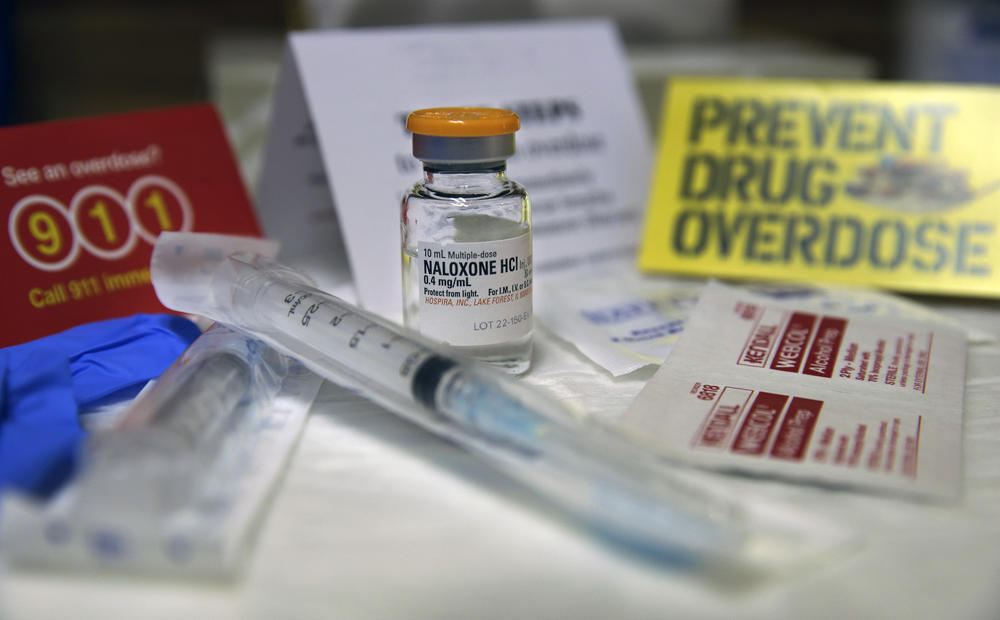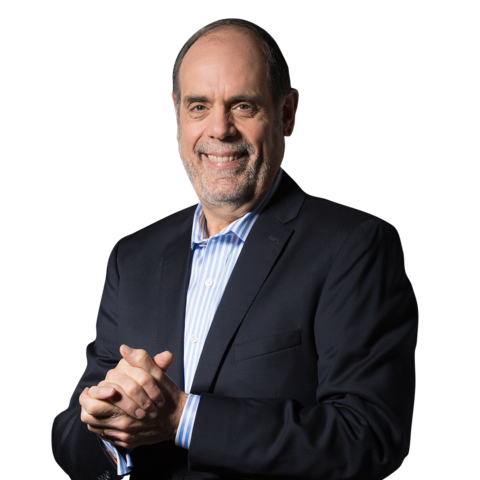
Caption
A kit with naloxone is displayed at the South Jersey AIDS Alliance in Atlantic City, N.J. on Wednesday, Feb. 19, 2014. An overdose of opiates essentially makes the body forget to breathe. Naloxone works by blocking the brain receptors that opiates latch onto and helping the body "remember" to take in air.
Credit: Mel Evans, AP




